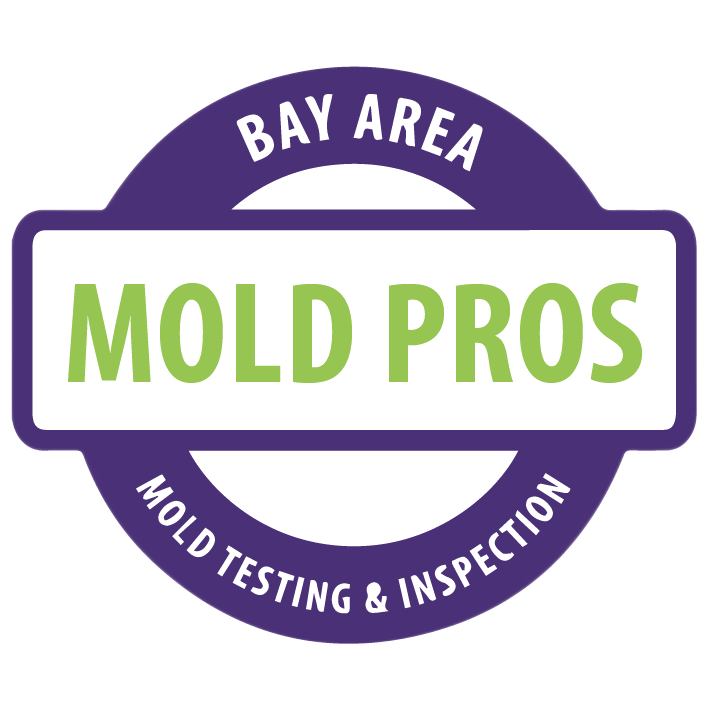
Introduction
Mold exposure is more than just an inconvenience—it can have a significant impact on your health, often in ways you may not immediately recognize. While mold growth is often associated with structural issues or musty odors, the health symptoms it causes can be subtle, persistent, and mistaken for other conditions.
At Bay Area Mold Pros, we specialize in identifying and addressing mold problems to protect your home, business, and well-being. If you’re concerned about mold exposure, call (650) 762-6228 to schedule a professional mold inspection and testing services with certified mold inspector Rick Bruce.
How Mold Affects Your Health
Mold produces allergens, irritants, and mycotoxins (toxic substances), which can be harmful when inhaled or touched. These substances can cause mild to severe health issues, depending on factors like the type of mold, the level of exposure, and your sensitivity.
The symptoms of mold exposure are often overlooked because they mimic other common illnesses, such as allergies, colds, or chronic fatigue.
Common Symptoms of Mold Exposure
1. Respiratory Issues
- Persistent coughing or wheezing
- Shortness of breath
- Nasal congestion or sinus infections
- Aggravated asthma or bronchitis symptoms
Mold spores can irritate the respiratory system, especially for individuals with pre-existing conditions like asthma or allergies.
2. Allergic Reactions
- Sneezing
- Runny or itchy nose
- Red, watery, or itchy eyes
- Skin rashes or hives
People with mold allergies are particularly susceptible to these symptoms.
3. Fatigue and Weakness
Exposure to mold, especially toxic black mold (Stachybotrys chartarum), can lead to chronic fatigue and a general feeling of weakness, as your body works to fight off mold toxins.
4. Headaches and Migraines
Mold exposure can trigger headaches or migraines, particularly when airborne spores or mycotoxins irritate the sinuses or nervous system.
5. Neurological Symptoms
Prolonged exposure to toxic molds can affect the central nervous system, leading to:
- Memory problems or brain fog
- Dizziness or lightheadedness
- Difficulty concentrating
- Mood swings, anxiety, or depression
6. Skin Irritation
Mold exposure can cause skin irritation, including rashes, dryness, or redness, especially if you come into direct contact with moldy surfaces.
7. Digestive Issues
Ingesting mold-contaminated food or breathing in mold spores can lead to gastrointestinal symptoms, including nausea, vomiting, or diarrhea.
8. Immune System Suppression
Prolonged exposure to mold can weaken the immune system, making you more susceptible to infections and illnesses.
Who Is Most at Risk?
Certain groups of people are more vulnerable to the health effects of mold exposure, including:
- Children and Infants: Their developing immune systems make them more sensitive to mold exposure.
- Elderly Individuals: Aging can weaken the immune system, increasing sensitivity to mold.
- Asthma and Allergy Sufferers: People with pre-existing respiratory conditions are more likely to experience severe symptoms.
- Individuals with Compromised Immune Systems: Those undergoing chemotherapy, organ transplants, or with chronic illnesses are at higher risk.
Hidden Mold: The Silent Culprit
One of the most alarming aspects of mold exposure is that symptoms can persist even when mold isn’t visible. Mold often grows in hidden areas, such as:
- Inside walls or ceilings
- Behind wallpaper
- Under carpets
- In HVAC systems or ductwork
- In crawl spaces or basements
If you’re experiencing unexplained health symptoms, a professional mold inspection is essential to identify hidden mold sources.
How to Address Mold Exposure
1. Identify the Source
The first step in addressing mold-related health symptoms is to locate and eliminate the mold source. Bay Area Mold Pros provides thorough mold inspections and testing to identify visible and hidden mold.
2. Professional Mold Remediation
DIY mold removal can release more spores into the air, worsening exposure. Professional remediation ensures safe and effective mold removal while preventing its recurrence.
3. Improve Air Quality
- Use air purifiers with HEPA filters to reduce mold spores.
- Ensure proper ventilation in moisture-prone areas like bathrooms and kitchens.
- Fix leaks and address water damage promptly.
4. Seek Medical Advice
If you suspect mold exposure is affecting your health, consult a healthcare professional. They may recommend tests or treatments to alleviate symptoms.
Why Choose Bay Area Mold Pros?
At Bay Area Mold Pros, we understand the serious impact mold can have on your health and property. That’s why we provide:
- Certified Expertise: Rick Bruce, a certified mold inspector, ensures accurate inspections and testing.
- Comprehensive Services: From inspection to remediation recommendations, we handle every aspect of mold issues.
- Advanced Tools: We use state-of-the-art equipment to identify hidden mold and measure air quality.
- Customer-Focused Approach: Your health and safety are our top priorities.
Contact us today at (650) 762-6228 or visit bayareamoldpros.com to schedule your mold inspection and testing.
Conclusion
Unexplained health symptoms could be the result of mold exposure, especially in the damp and humid conditions common in San Francisco. Identifying and addressing mold promptly is essential for protecting your health and home. Bay Area Mold Pros is here to help with certified mold inspection and testing services.
Don’t let mold impact your well-being. Call (650) 762-6228 or visit bayareamoldpros.com today to request a professional mold inspection.
